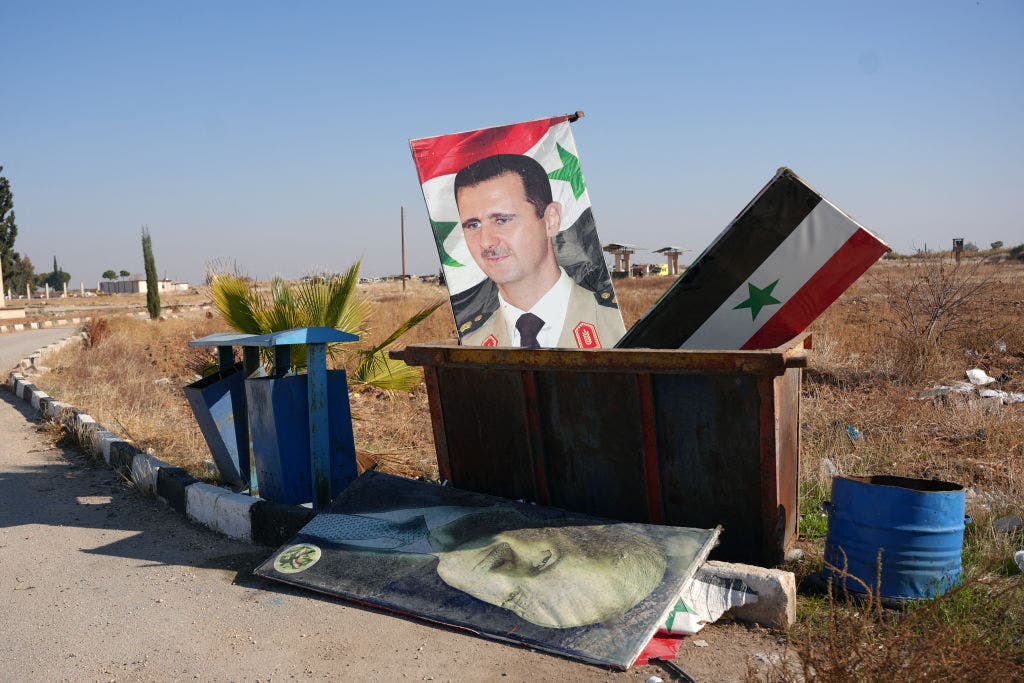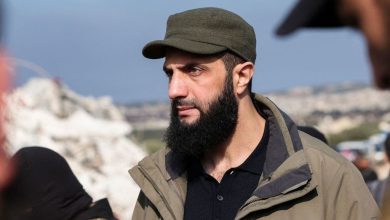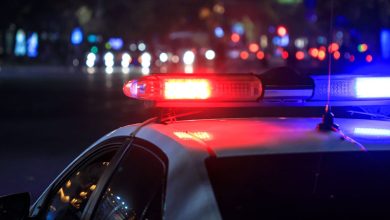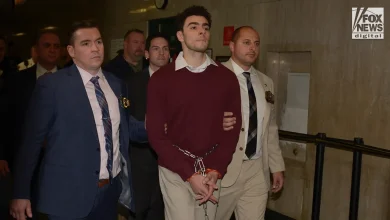JERUSALEM — After Turkey-backed radical Islamist forces seized the pivotal Syrian city of Hama on Thursday, Turkish President Recep Tayyip Erdogan cheered the astonishing military advance of his allies.
“I would say we hope for this advance to continue without any issues,” Erdogan said on Friday, according to a Reuters report.
He added that the capital city of Damascus, where Syrian dictator Bashar Assad resides, is the objective. “The target is Damascus.”
Erdogan continued, “However, while this resistance there with terrorist organizations is continuing, we had made a call to Assad,” referring to his approach to Assad earlier this year to meet and normalize ties after more than a decade of animosity.
ISLAMIST REBELS IN SYRIA CATCH ASSAD, PUTIN, IRAN REGIMES OFF GUARD GIVING US NEW MIDEAST HEADACHE
“These problematic advances continuing as a whole in the region are not in a manner we desire, our heart does not want these. Unfortunately, the region is in a bind,” he said, without elaborating.
Erdogan’s comment about terrorist entities within the ranks of the insurgency are an apparent reference to the U.S.-designated terrorist group Hayat Tahrir al-Sham (HTS), the former Islamist Al-Qaeda affiliate that is part of the rebel force.
Turkey is a member of the American-led NATO alliance. Turkey’s reported support of terrorist groups like Hamas and its purchase of Russian S-400 air defense systems has triggered outrage among many U.S. lawmakers.
According to the London-based Syrian Observatory for Human Rights (SOHR), which tracks the civil war in the fractured Syrian Arab Republic, HTS is now within striking distance of the pivotal crossroads city of Homs.
SOHR reported on Friday that HTS and its allies are a mere one kilometer from the military academy in Homs.
The military training facility in Homs is the largest in the war-torn country.
RUSSIA AND SYRIA BOMB SYRIAN ISLAMIST REBELS AFTER SURPRISE INCURSION

The stunning progress of HTS and its coalition partners in their rapid-fire seizure of Syria’s second-largest city, Aleppo, last week and now Hama has upended an already volatile Middle East. A number of countries within the Fertile Crescent region—Israel, Syria, Lebanon and Iraq—are immersed in wars and conflicts spanning various levels of intensity.
Israel Defense Forces (IDF) announced on Friday that it is “reinforcing aerial and ground forces in the Golan Heights area” that borders Syria.” IDF troops are deployed along the border, monitoring developments and are prepared for all scenarios, offensive and defensive alike. The statement added that, “The IDF will not tolerate threats near the Israeli border and will thwart any threat against the State of Israel.”
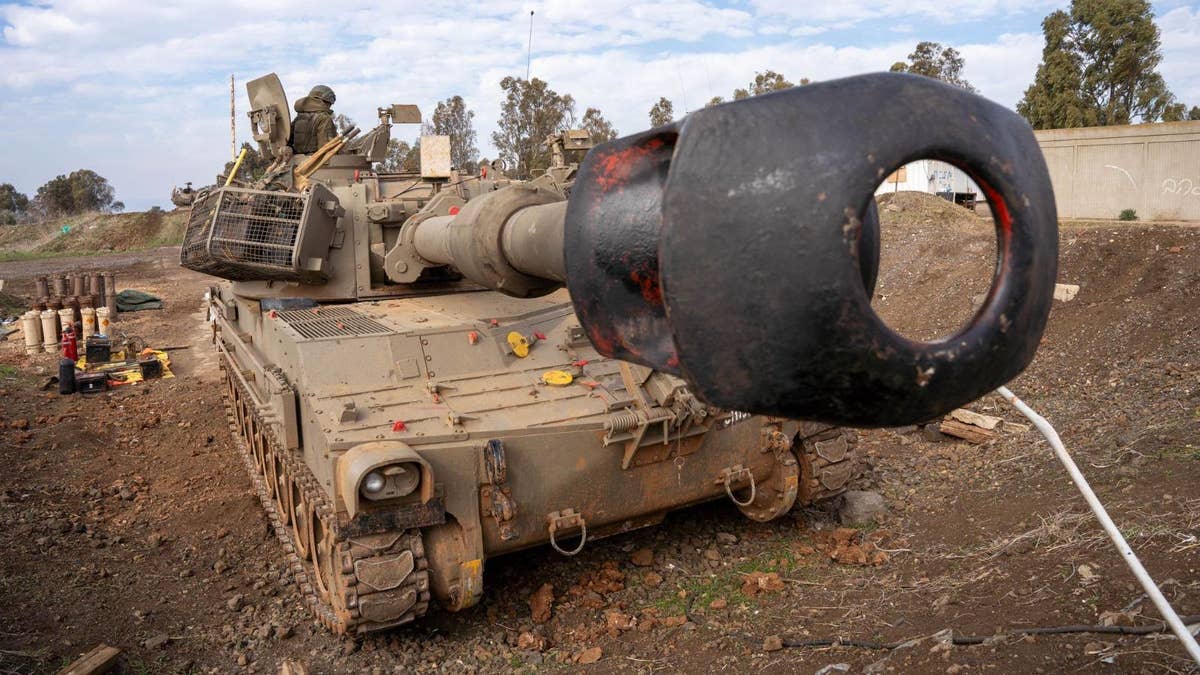
Another neighboring country, Jordan, reportedly closed its Jabber crossing with Syria as rebel troops closed in on those areas.
Emad Bouzo, a Syrian American physician and a veteran political commentator on Syria, told Fox News Digital, “The images now leaking from Homs are entirely similar to those that came out of Hama hours before its liberation, especially in terms of the large convoys of cars leaving the city, the low morale of the regime’s army, and the demographic composition of the villages and towns separating Homs and Hama, which have long history of opposing the regime. Therefore, it is difficult to predict what will happen in the coming hours and days, although the military balance currently tilts in favor of the Syrian opposition.”
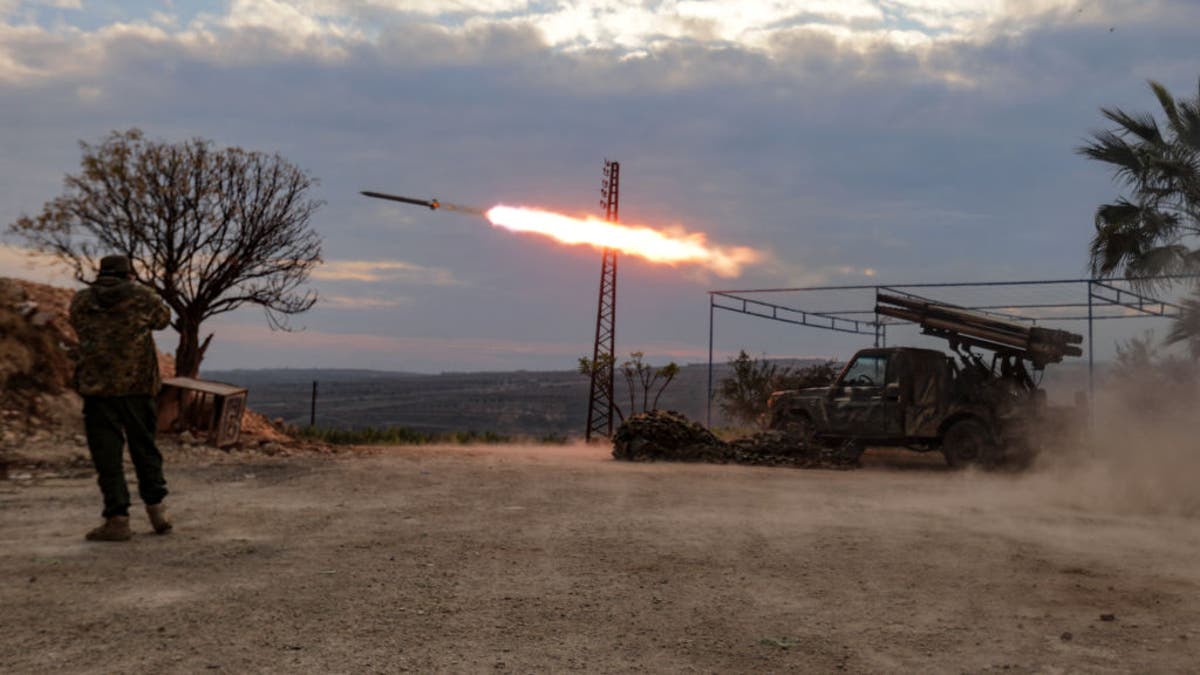
He continued, “The most likely expectation seems to be that Russia will do what it can to prevent the city from falling to the opposition, and if it cannot do so militarily, it will do what it can to pressure Turkey for a cease-fire so that the regime can catch its breath.”
The expected battle of Homs is a high profile military campaign for the HTS. It will pit the U.S.-classified sponsors of terrorism, Iran’s regime and its ally Hezbollah, against the HTS coalition.
The U.S. also considers Syria’s regime a state-sponsor of terrorism.
Bouzo said Homs is the “the main transportation hub for Iranian militias.” He noted that Hezbollah controls entire areas, like Talbisehm a town in the Homs province.
“Homs is also a corridor for the Syrian regime to the Syrian coast, where Russian military bases are concentrated. It also forms the human reservoir for the Alawite sect, on which the Assad family’s rule relies, alongside the Syrian capital, Damascus. Hence, it is expected that the regime, Hezbollah, and Russia will do everything they can to keep this city under their control.”
‘WAR FOLLOWED US’: A SYRIAN FAMILY FLED BEIRUT AFTER ISRAELI BOMBARDMENT TO FACE REPRESSION, BOMBING AT HOME
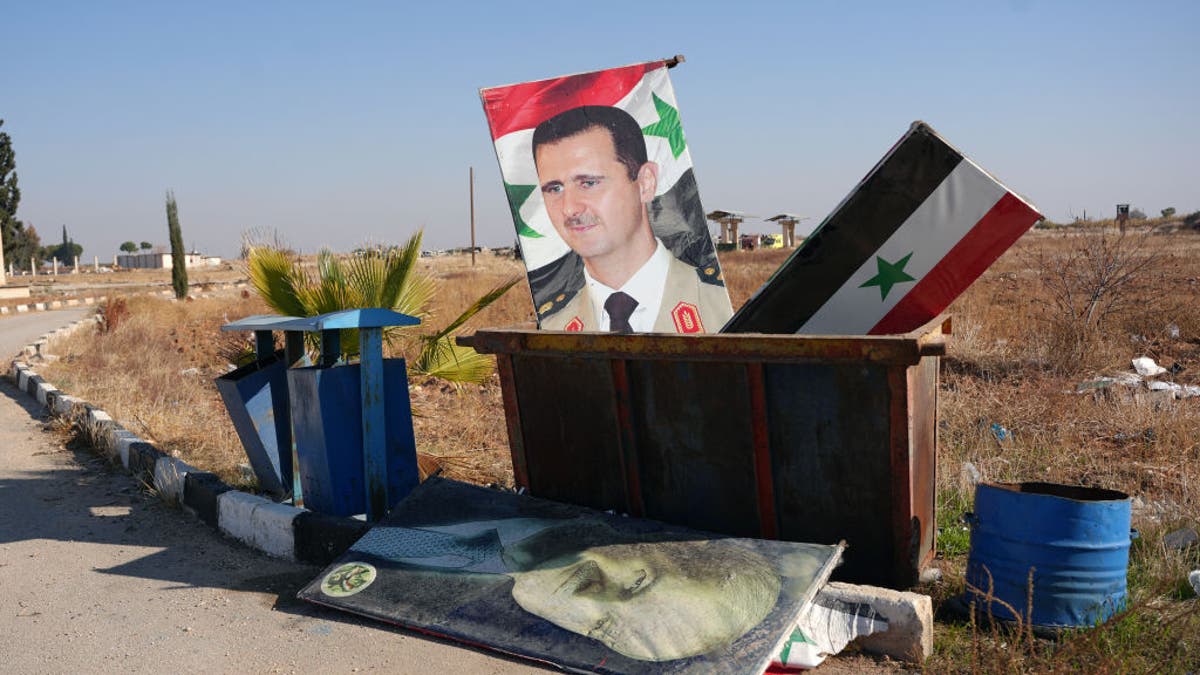
The power politics of Syria largely pits two Islamist Mideast nations against each other: the Sunni Turkey government versus the Shiite Islamic Republic of Iran. Tehran has backed Assad’s regime since he launched a massive violent crackdown on the growing pro-democracy Syrian movement in 2011.
Former Israeli Ambassador to Jordan Jacob Rosen, who has expertise in Syria’s complex demographics, told Fox News Digital that Iran and Turkey “are the big players who are ex-empires who want to go back to the glory” of their rule over large swathes of the Mideast.”
“If Turkey controls Syria, it can encircle the Kurds,” said Rosen, a fluent Arabic speaker. Turkey has launched attacks over the years against pro-U.S.-allied Syrian Kurdish forces in northern Syria.
Rosen views Erdogan’s embrace of the HTS offensive on Friday as a warning from Turkey to Iran’s regime. “Don’t do stupid things,” is the message Erdogan is sending Tehran, noted Rosen.
The big question for the U.S., the European Union and Israel is, “Who is going to save Assad?”, Rosen asked.
Russia, the Lebanese terrorist movement, Hezbollah and Iran previously rescued Assad from defeat. However, Russia is consumed with a protracted war in Ukraine.
Rosen said the re-kindled Syrian revolt against Assad has spread to the southern Syrian province of Daraa—the birthplace of the 2011 revolt. He termed the fast-moving events in Darra as “mini-rebellions” and said some Syrian regime forces defected.
NEARLY 30,000 CHILDREN ARE SUFFERING HUMAN RIGHTS ABUSES IN SYRIA, UN-BACKED COMMISSION SAYS
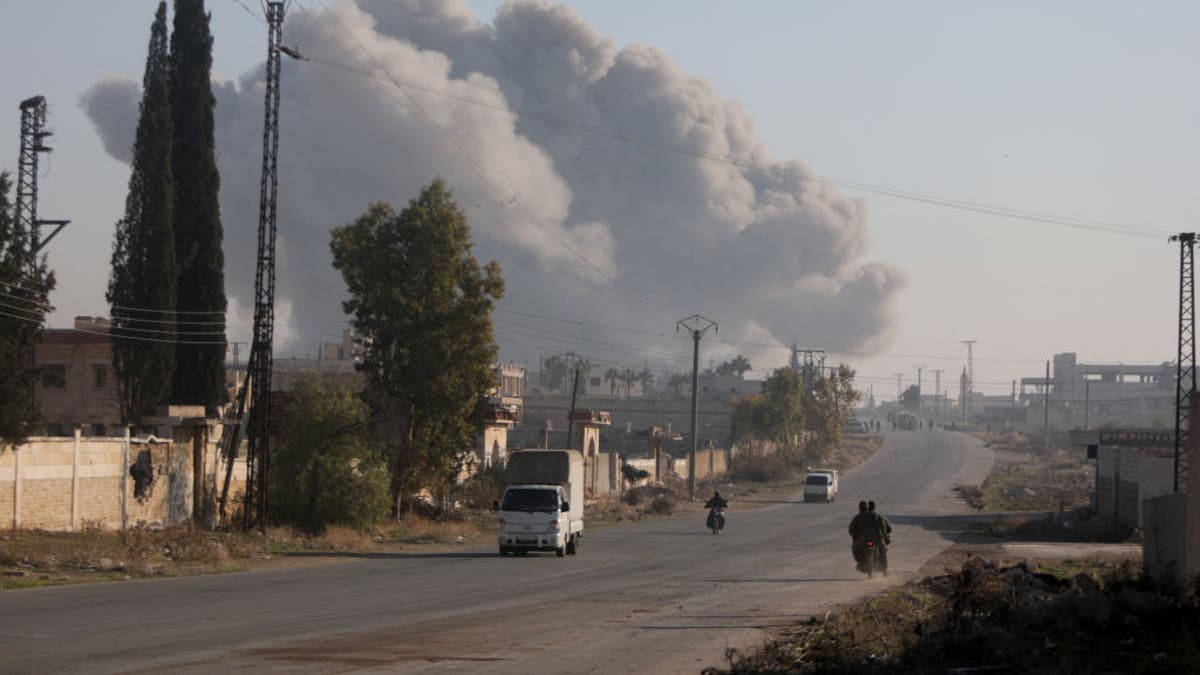
The stakes are high in Syria and for the heartland of the Mideast. Rosen referenced the late British journalist, Patrick Seale, who authored books on Syria. “The hegemony of the Middle East depends on who will rule Syria,” said Rosen with respect to Seale’s core idea about the importance of Syria for the region.
Abu Mohammed al-Golani, the Islamist leader of HTS, who has a $10 million bounty on his head from the U.S., recently gave an interview to CNN, when he said, “The seeds of the regime’s defeat have always been within it… the Iranians attempted to revive the regime, buying it time, and later the Russians also tried to prop it up. But the truth remains: this regime is dead.”
Rosen summarized al-Golani’s interview as “He wants to appeal to the West. The former ambassador added al-Golani “knows everyone in Syria is not Islamist. For the time being, he is playing it very moderate.”
Bouzo said the media’s focus “on the idea that the opposition fighting the regime are Islamic does not change the fact that the other side is also Islamic militias, but Shiite ones supported by both Iran under [Ali] Khamenei and Russia under [Vladimir] Putin. The Syrian regime itself is accused of committing war crimes against its own people, including the use of chemical weapons.”
The United States has some 900 troops in Syria as part of a coalition effort to defeat the Islamic State terrorist movement. The U.S. government said it is not involved in the Syrian civil war.
With a view toward the future of Syria, Bouzo said “The truth is that the recent events give the United States, under its new incoming administration, an opportunity to break the deadlock on the Syrian file by pressuring all parties to push toward implementing a political solution through Resolution 2254 and forming a transitional governing body to manage this country, which has suffered enough in the past years.”
Reuters contributed to this report.
Read the full article here

